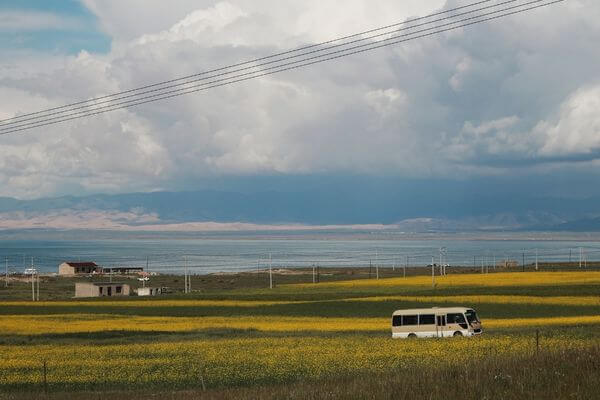
On 26 Apr. 2022, the Ministry of Ecology and Environment, the Supreme People’s Court, the Supreme People’s Prosecutor, and 11 other departments jointly issued the “Administrative Provisions on Compensation for Environmental Damage” (《生态环境损害赔偿管理规定》, hereinafter referred to as the “Provisions”).
Prior to that, China had released the “Plan for the Pilot Reform of the Compensation System for Environmental Damage” (《生态环境损害赔偿制度改革试点方案》)and the “Plan for the Reform of the Compensation System for Environmental Damage” (《生态环境损害赔偿制度改革方案》)(hereinafter collectively referred to as the “Plans”) in 2015 and 2017 respectively.
These two Plans have preliminarily established a nationwide compensation system for environmental damage. Based on that, the new Provisions aims to further specify and improve the norms of environmental damage compensation.
The Provisions consists of five chapters: General Provisions, Task Allocation, Working Procedures, Guarantee Mechanism, and Supplemental Provisions, adding up to 38 articles.
According to the Provisions, environmental damage can be categorized into two types: repairable damage and irreparable damage.
For the reparable damage, the compensation obligor shall restore the environment to the baseline level before the damage occurs or to an acceptable level of ecological risk.
For the irreparable damage, the compensation obligor shall compensate for the ecological losses and related costs or adopt alternatives to achieve equal restoration of the ecological environment and its service functions.
Cover Photo by liu sicheng on Unsplash
Contributors: CJO Staff Contributors Team









